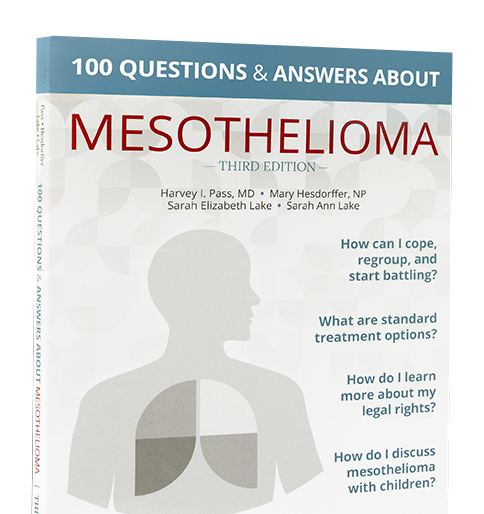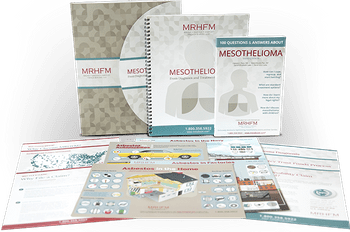A Phase III study of a gene therapy known as TR002 has launched at sites around the world including Europe, Australia, Russia and the U.S.
Developed by Trizell Ltd. (Trizell), TR002 is an interferon alfa-2b gene therapy that triggers the pleiotropic anti-tumor effects of interferon—a naturally occurring protein the body uses to fight cancer. The therapy is followed by the chemotherapy drug Gemzar (gemcitabine), which is used to treat non-small cell lung cancer and cancers of the ovaries, breast, bladder and pancreas.
This open-label, randomized, parallel group study is expected to recruit up to 300 patients with mesothelioma who have failed first-line standard of care chemotherapy. In the study, TR002 will be administered in a single dose by catheter directly into the pleural cavity where the virus enters the cells lining the pleural cavity. “Inside the cells, the virus breaks down leaving the active gene to do its work.”
“The internal gene/DNA machinery of the cells picks up the gene and translates its DNA sequence, resulting in the cells secreting high quantities of the interferon alfa-2b protein.” This approach turns “the patient's own pleural cavity cells into multiple interferon microfactories, enhancing the body's natural defenses against the cancer.”
Chemotherapy begins 14 days after the treatment and continues until disease progression.
In a previous Phase II study of TR002 at Penn Medicine’s Abramson Cancer Center, 40 mesothelioma patients who were newly diagnosed or failed standard chemotherapy (Pemetrexed, Cisplatin) were treated. Patients showed an overall disease control rate of 87.5%. The second line treatment cohort showed an almost doubling of median survival time compared to historical study controls (17 months vs. nine months) with approximately 25% of patients living at least two years and approximately 20% at least three years.
The National Institutes of Health (NIH) reports that the first gene therapy was approved in the European Union in 2012. This approval “boosted the investment in developing gene therapies.” Today, “regulators are creating a specific path for rapid access of those new therapies, providing hope for manufacturers, healthcare professionals, and patients.”
With such promising Phase II results and support by regulators, Dr. Daniel H. Sterman, Director of the Multidisciplinary Pulmonary Oncology Program at NYU Langone Health, said, "we will work hard to get this potentially groundbreaking clinical trial completed."
If you have been diagnosed with mesothelioma, talk to your doctor about participating in a clinical trial. Although there is no cure for the disease, a new or experimental therapy could be effective in treating your specific type of mesothelioma. Talk to your doctor about participating in clinical trial today.
Sources
Hanna, Eve, Cécile Rémuzat, Pascal Auquier, and Mondher Toumi. “Gene therapies development: slow progress and promising prospect.” National Center for Biotechnology Information (NCBI), U.S. National Library of Medicine. National Institutes of Health (NIH), 03 Jan. 2017. Web. 26 May 2019.
“Trizell Ltd. announces Phase 3 pivotal study of interferon alfa-2b gene therapy in malignant pleural mesothelioma.” BioSpace. BioSpace.com, 20 Mar. 2019. Web. 26 May 2019.
“Trizell Ltd. announces Phase 3 pivotal study of interferon alfa-2b gene therapy in malignant pleural mesothelioma.” PR Newswire. PR Newswire Association LLC, 20 Mar. 2019. Web. 26 May 2019.
“What Are the Phases of Clinical Trials?” Cancer.org. American Cancer Society, Inc., 2019. Web. 26 May 2019.






